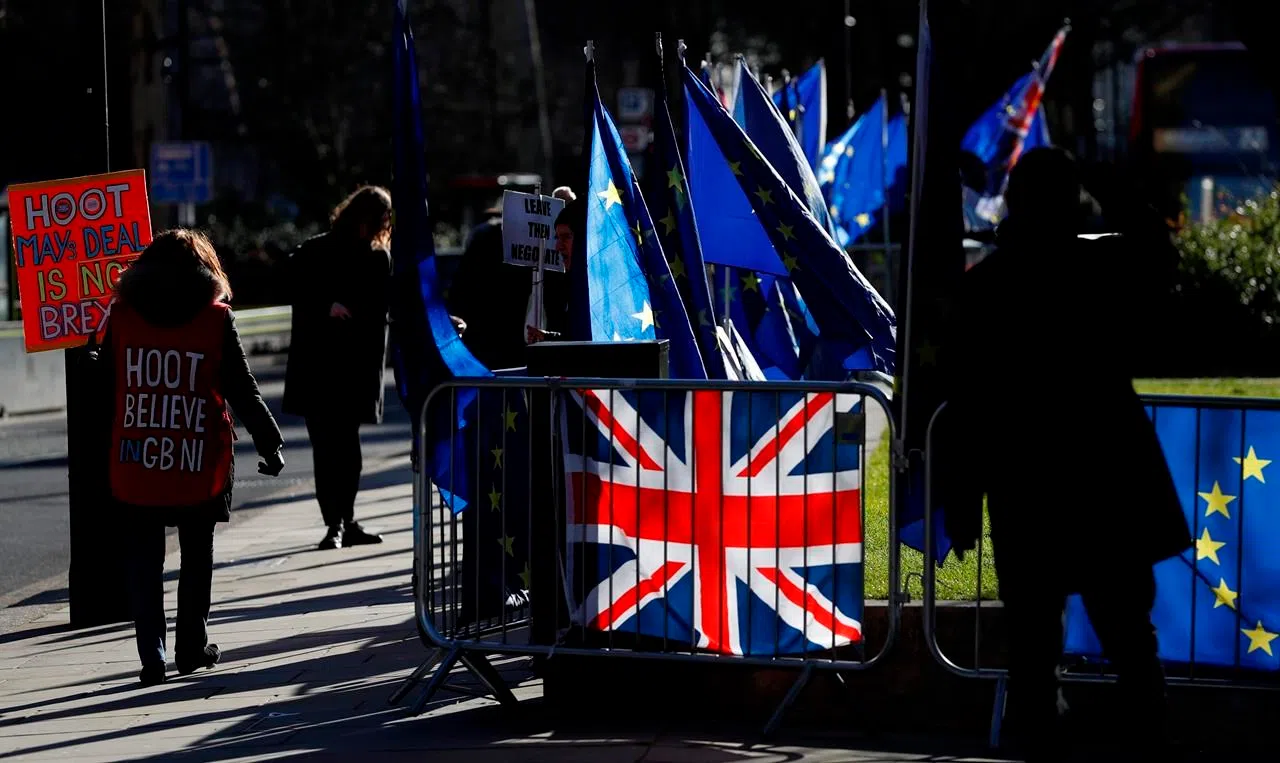
Foreign Secretary: Brexit may have to be delayed
LONDON — A key member of Prime Minister Theresa May’s government acknowledged Thursday that Britain’s exit from the European Union may have to be delayed if negotiations on a divorce deal drag on.
Foreign Secretary Jeremy Hunt told the BBC that while it is difficult to know whether negotiations will stretch to the final hours, a delay may be necessary to pass legislation to implement Brexit. His comments gained attention because of fears the country is simply not ready to leave — even though May’s Downing Street office insisted nothing had changed.
“I think it is true that if we ended up approving a deal in the days before 29 March then we might need some extra time to pass critical legislation, but if we are able to make progress sooner then that might not be necessary,” Hunt said.
The comments come as the influential think-tank , the Institute for Government, warned the government was not ready should a no-deal Brexit come to pass. The think-tank predicted that in a majority of broad policy areas, including health and borders, the government would be unable to avoid “major negative impacts.”


